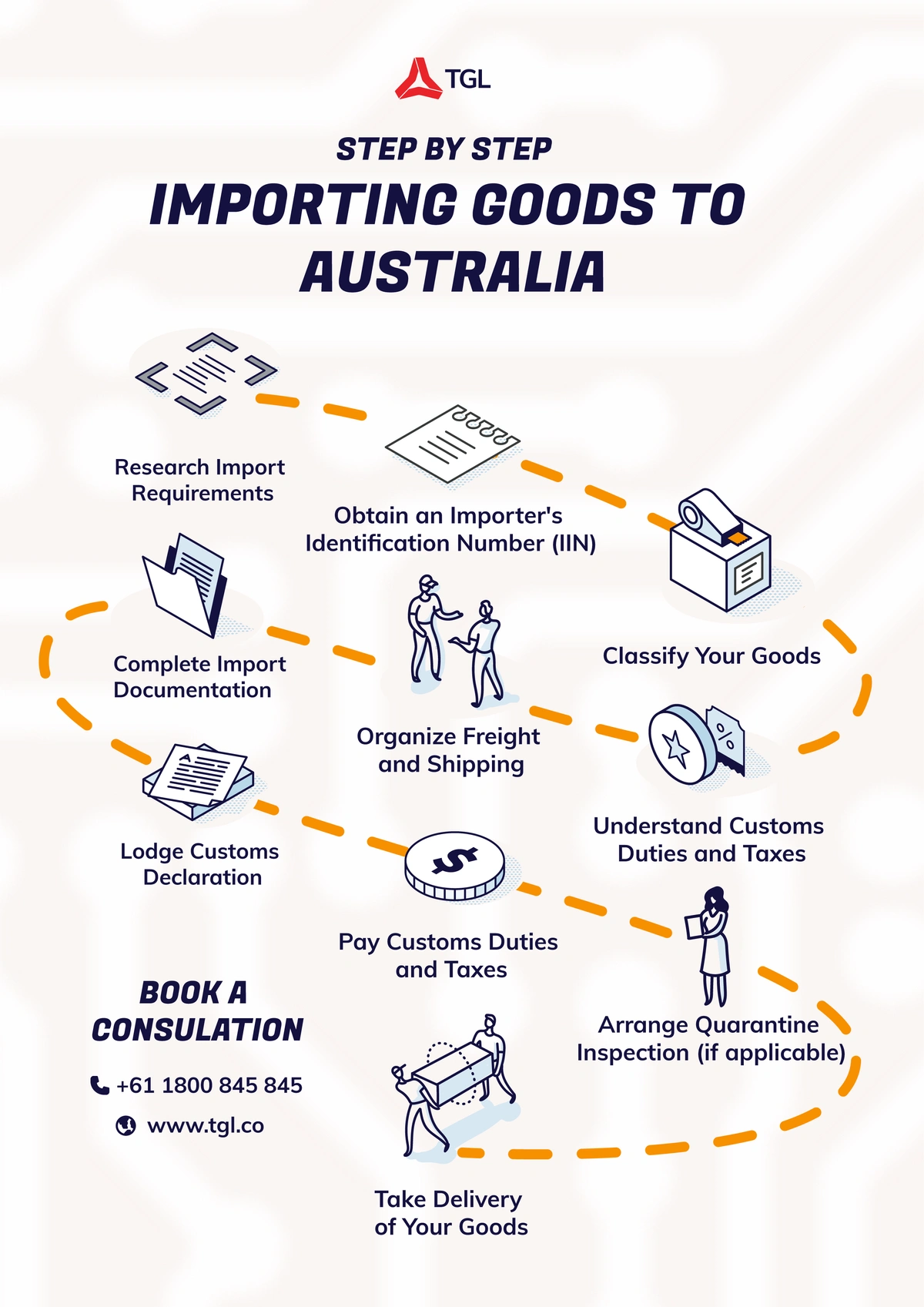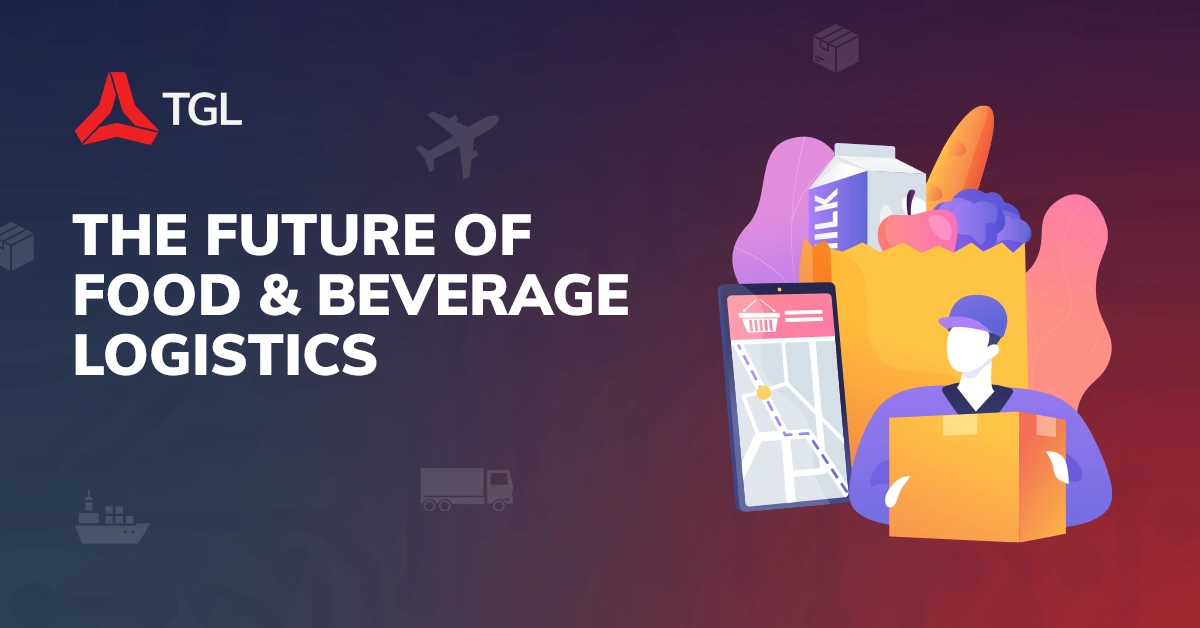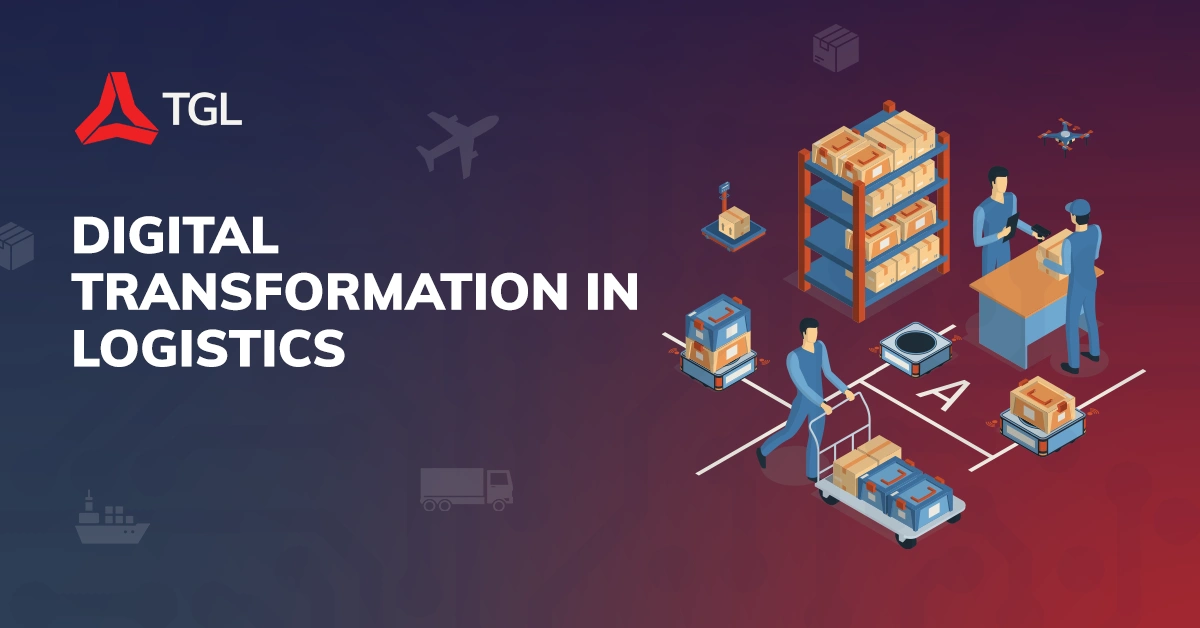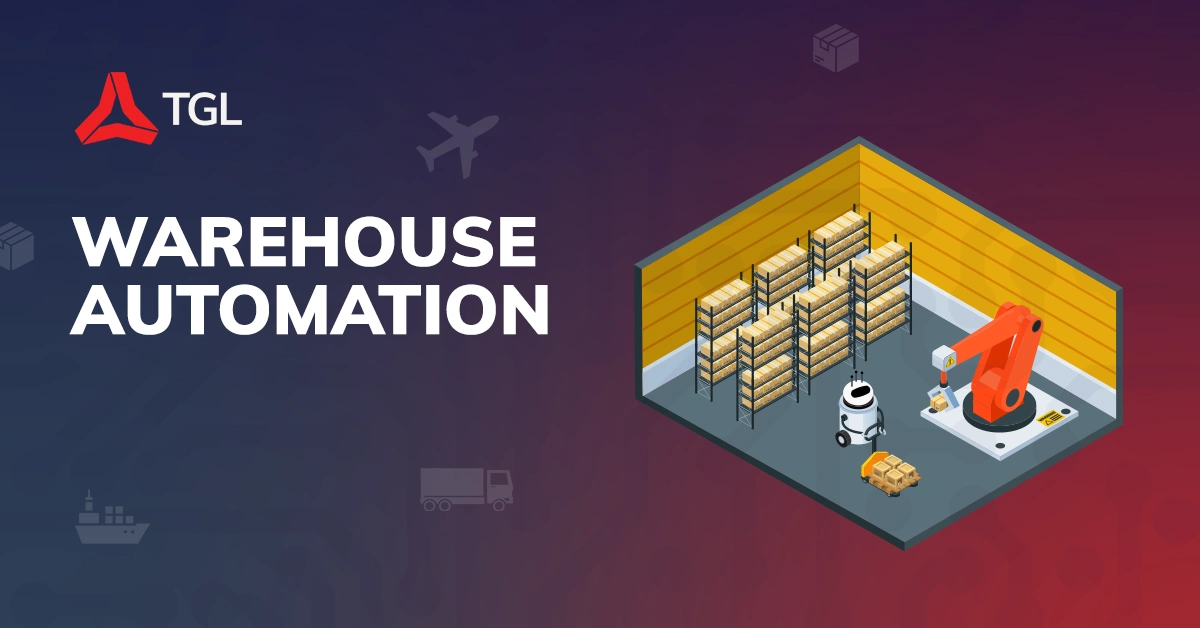A complete guide for start-ups: How to import Goods to Australia
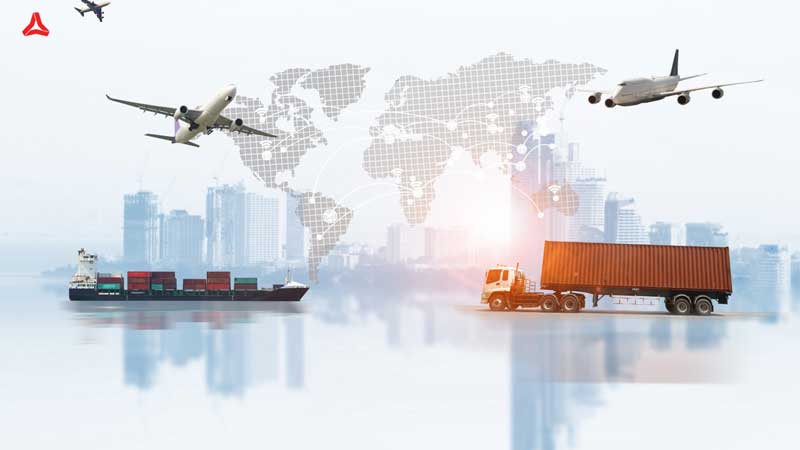
How to Import Goods to Australia?
Start-ups looking to expand their business into new markets should consider importing their products into Australia. If your company has a unique selling proposition, importing is an effective way to set you apart from your competitors. Once you have decided to import, there are many things to consider, including costs, customs regulations, tariff requirements, taxes and understanding FTAs between selected countries.
When importing goods to Australia, there are several important factors to consider to ensure a smooth process and avoid potential pitfalls. Here are some key things to avoid:
-
Lack of Research: Avoid skipping thorough research on import regulations, customs duties, and any specific requirements for the goods you intend to import. Familiarise yourself with the Australian Border Force (ABF) guidelines and seek professional advice if necessary.
-
Inadequate Documentation: Ensure you have all the necessary documentation in order. This includes invoices, shipping documents, certificates of origin, permits, and licences. Incomplete or inaccurate documentation can lead to delays, penalties, or even the seizure of goods.
-
Restricted or Prohibited Goods: Be aware of goods that are restricted or prohibited from importation into Australia. Items such as weapons, drugs, certain chemicals, endangered species, and counterfeit products are strictly regulated or prohibited. Check the ABF website or consult with customs authorities to determine if your goods fall into any restricted categories.
-
Incorrect Classification and Valuation: Ensure that you classify your goods correctly according to the Harmonised System (HS) codes, which determine customs duties and taxes. Incorrect classification or undervaluing of goods can result in penalties, delays, and potential legal consequences.
-
Non-Compliance with Standards and Regulations: Ensure your imported goods comply with Australian standards, labelling requirements, and safety regulations. Failure to meet these standards can lead to rejection, recall, or additional costs to rectify non-compliance.
-
Inadequate Customs Clearing Process: Don't underestimate the importance of a proper customs clearing process. Consider using a licensed customs broker or freight forwarder, such as TGL, to handle the necessary paperwork, customs declarations, and payments on your behalf. This can help avoid mistakes and streamline the process.
-
Ignoring Quarantine and Biosecurity Measures: Australia has strict biosecurity laws to protect against pests, diseases, and invasive species. Failure to comply with these measures can result in delays, fines, or destruction of goods. Familiarise yourself with the quarantine requirements and ensure proper treatment, packaging, and declarations are made for any goods subject to biosecurity controls.
By avoiding these common mistakes, conducting proper research, and adhering to all relevant regulations and requirements, you can navigate the import process successfully and minimise potential risks when importing goods to Australia.
Now that you've seen what you should avoid when importing goods to Australia, we can go through the best practice when starting a business.
Steps to Import Goods to Australia:
There are many things to consider when importing goods from overseas, as long as you comply with obligations and the relevant laws, you'll be able to sell your goods in Australia. It can be challenging to know where to start when importing your products into Australia; although there is no strict process to follow, a generic importing guideline may include:
-
Setting up your business to sell in Australia
Planning is the Key to your start-up success. The first step you should take is to research the market to identify the goods and services that are in demand. Identify any gaps in the market that haven't been capitalised on in the market. Once you've decided on what you will focus on and have a plan in place, you must apply for an ABN.
-
Find an overseas supplier
Once you have identified gaps and chosen the product you will import, the next step is to find suppliers that will export goods. It would be best to compare several potential suppliers to determine the most suitable one for your business. It's important to note that some suppliers could be located in countries and follow significantly different customs and business methods. It's also crucial to ask your supplier how long it will take to deliver your products.
-
Work with a freight forwarder
Engaging with an independent freight forwarder to communicate with your international suppliers. They will help to understand the costs of importing your product and will be able to identify all the hidden costs that come with international customs. A freight forwarder will be able to provide tailored advice about your shipping timeline to give you the most cost-effective method. They can help you save money in your supply chain in the long term and throughout your shipping experience. Having a dedicated agent to help with your logistics needs can also save you a lot of headaches.
-
Consider incoterms
Although your freight forwarder will deal with all the specific logistic terms, it's also essential for you to understand, so you know what is happening with your shipment. Working with your forwarder to consider what incoterms you will be buying on is important incoterms you will be buying on. Incoterms stand for international commercial terms; they are terms agreed on between the buyer and seller to allocate costs and risks. Work with your forwarder to understand which Incoterm will adequately suit your business.
-
Compare sea and air freight options
There is a significant price difference between sea and air freight, sea freight is usually the cheaper option, but it will take longer. Air freight is more expensive but takes less time to ship; if you have an urgent order, air freight is usually the best option. There are many other factors to consider; with the help of your forwarding agent, you will be able to get the most time and cost-efficient service.
-
Prepare and send all documentation.
Your freight forwarder will work with you to identify the different documentation you will need depending on your shipment. Without the appropriate documents, shipments may likely be delayed or, in some cases, sent back by customs officers.
-
Track your goods for arrival
Your shipment will be booked once the required documentation is ready and sent to your freight forwarder. Knowing where your goods are will help you run your business without worrying about when your goods will arrive. You can track your goods at any stage of the shipping journey; your expert freight forwarder will also have access to better reporting and online tracking to track your cargo across the globe.
What Else to Consider
As soon as you decide to take your business internationally, many factors can considerably impact its success. While importing goods into Australia can be a great way to expand your business and build connections with overseas markets, it is important to be aware of the challenges, regulations and costs that come with importing from overseas. Some of the key considerations include:
Customs regulations in Australia
The regulations for importing into Australia can affect how your shipment will be processed at customs; it is essential to have all the necessary documentation ready before arrival to avoid disruptions. For smaller and less complex goods, you can import items without a formal import declaration if your goods arrive via air or sea cargo and are valued at $1,000 (AUD) or less. A licensed freight forwarder can guide you through the requirements and help you to import your goods.
What you can import
Depending on the goods you are importing, regulations may vary. If you're importing goods like tobacco or alcohol, you must pay duties regardless of their value. Importation requirements are usually more complex for prohibited or restricted goods, goods that are a bio-security risk or require payment of duty and taxes. The Australian Border Force is responsible for clearing imported goods when they arrive; for some goods, you will need a permit to get them through customs. Importing products containing industrial chemicals requires your company's registration with the Australian Industrial Chemicals Introduction Scheme. Certain foods from overseas markets also need certain checks and requirements; a freight company will ensure you understand the responsibilities of importing goods into Australia.
Trade descriptions and labelling
When importing certain goods, you must label them with a required trade description; some food products may also need information about the country of origin and must meet the Australian Food Standards Code. Certain goods are prohibited from Australia; however, with the proper documentation and approval from the Australian government, you may be able to import some prohibited goods into Australia.
Costs to import items
Another critical consideration is the costs of importing; depending on the type and value of the goods, you may need to pay import processing charges, permit fees, biosecurity management fees and GST. Other costs may include transport, insurance, storage, and additional handling charges that your logistics provider imposes; A freight forwarder will help you to understand all the possible costs depending on your shipment.
| Did you know that we provide our customers with fixed quoting and transparent pricing that is simple to understand? We ensure that our customers are never in doubt and always in control. |
When importing goods to Australia, there are several charges to consider.
The fees related to freight services include:
1. Freight Charges: These are the costs associated with transporting the goods from the country of origin to Australia. They can vary based on the shipping method (air, sea, land), distance, weight, volume, and the chosen freight forwarder or shipping line.
2. Customs Duty: A tax imposed on certain imported goods is calculated as a percentage of the customs value (the cost of the goods plus insurance and freight charges). The rate of customs duty depends on the nature of the goods and the applicable tariff classification.
3. Goods and Services Tax (GST): Australia applies a 10% GST on most imported goods. It is calculated based on the customs value plus customs duty, freight, and insurance costs.
4. Import Processing Charges (IPCs): IPCs are fees charged by the Australian Border Force (ABF) for processing import declarations. The amount depends on the type and value of the goods being imported.
5. Quarantine Fees: The Department of Agriculture, Water and the Environment may impose quarantine inspections and treatment fees to ensure imported goods comply with biosecurity requirements. These fees can vary depending on the type and quantity of goods.
6. Port and Terminal Handling Charges: These charges are levied by the port and terminal operators for services such as loading, unloading, storage, and handling of containers and cargo at the port of arrival.
7. Documentation and Administration Fees: Freight forwarders or customs brokers may charge fees for services related to documentation preparation, customs clearance, and other administrative tasks associated with the importation process.
How to choose the right freight forwarder
When choosing a freight forwarder, it is important to understand that not all companies will benefit your business. Depending on how big you are, you should choose a freight forwarder who would complement your companies’ functions.
As a start-up, multinational companies may not be interested in investing in your business; they generally tend to work with bigger brand names. It is essential that you choose a local freight forwarder who will be able to guide you throughout the whole process and answer any questions you may have. It is imperative that you understand your products and then search for a forwarder who will be able to give you a fair price and help you facilitate your supply chain operations.
How TGL can help?
We offer specialised freight services for land, air, and sea freight anywhere around the world. Our experienced freight forwarders will provide optimal logistic solutions for various industries. Whether you are importing technology, clothing, or anything else in the world TGL will be able to accommodate all your needs.
Our team of THINKERS have developed a strong global presence and are equipped with the knowledge to help with all your imports no matter what country. While manufacturers can ship your product, freight agents will have greater exposure to many industries and markets; there is also a good chance that they have already dealt with companies like yours. Our team will help streamline end-to-end logistic processes so that you can focus on other parts of your business.
Get a free consultation today!
| At TGL, we offer business to business logistics services, including sea freight, air freight, domestic freight, warehousing, and customs clearance to all industries. Get a quote today. |
| If you require further information about us and the services we provide, book a free no-obligation consultation session with our logistics professionals. |
